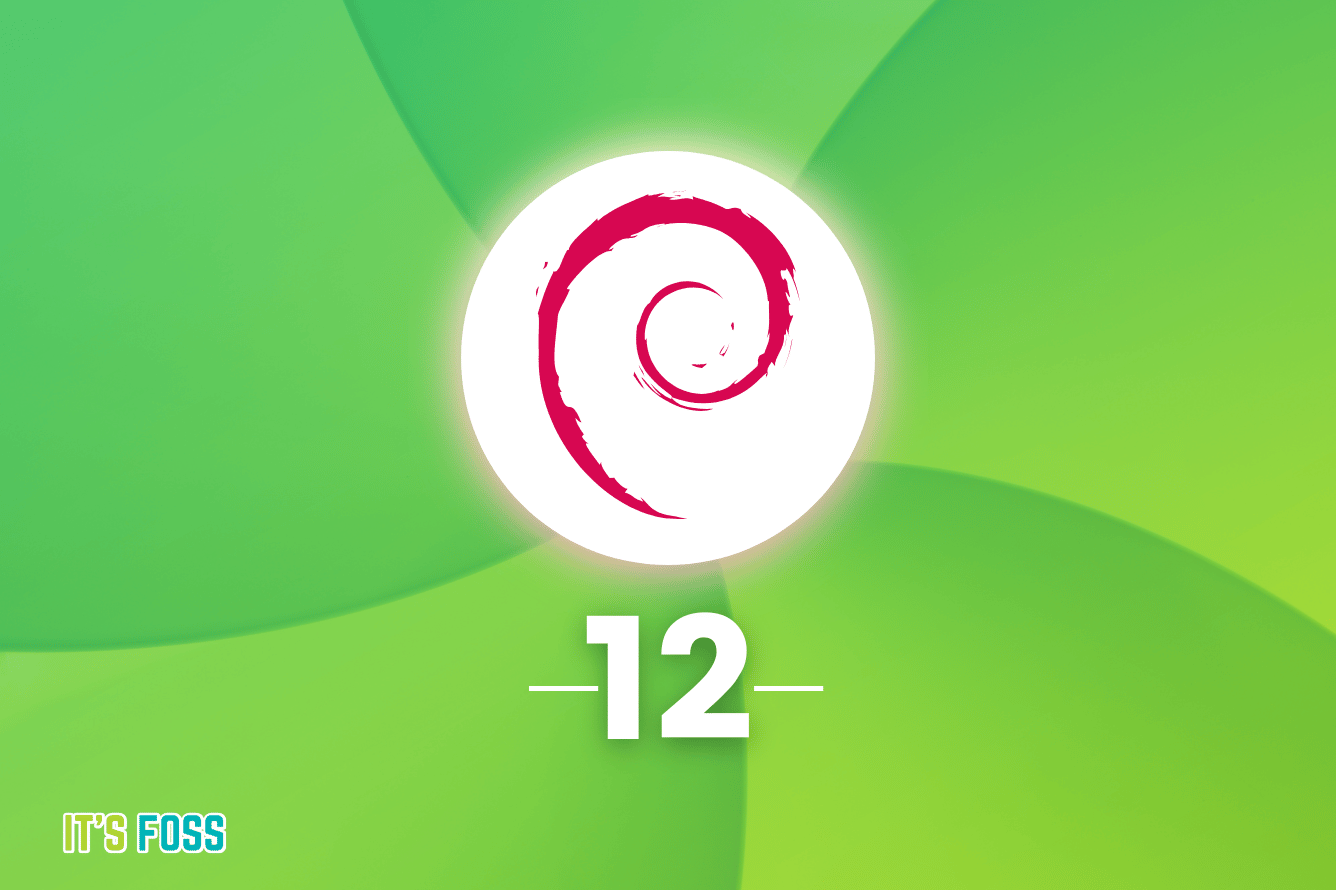- 36 Posts
- 74 Comments

 4·1 year ago
4·1 year agoTheir first album indubitably is my favorite, obviously.

 28·1 year ago
28·1 year agoMost of the Koopa kids were named after musicians
- Wendy O. Williams from the Plasmatics
- Iggy Pop from Iggy Pop & The Stooges
- Roy Orbison, the songwriter and rock & roll legend
- Lemmy Kilmister from Motörhead
- Ludwig van Beethoven, obviously

 11·1 year ago
11·1 year agoNot sure how unpopular it is, but “The Settlers 2: 10th Anniversary” is a great remaster of a game which I think is a bit forgotten now. It’s still a really fun and charming citybuilder with unique mechanics.
YunoHost “packages” are just scripts. In the case of Lemmy, Lemmy_ynh’s install script actually fetches the Lemmy Docker image and extracts the files (including pre-built binaries) from it. And then it writes the config files to use the system Psql instance instead of a containerized version.
FWIW I don’t care how YunoHost installs the apps. Whether it’s fetching and running containers, or building from source, or grabbing binaries. As long as the apps work and the reverse proxy gets wrangled it’s fine with me. Just in this case refusing to run the Docker images directly is, at least momentarily, a problem for updating the app.
Well it is “working” for me. I’m using a YunoHost Lemmy 0.16.7 to type this comment :). But I agree there should be some kind of warning on the project that it’s only really partially working, and very outdated (thanks to the recent flurry in activity and changes).
Mainly though I wish YunoHost would just support Docker idiomatically and install Lemmy “as intended”. Yeah Docker can be a bit of a pain and it uses more resources, but it also has many real advantages like siloing the apps from the host system…
Were you able to migrate your database from an outdated YunoHost installation to a v18 Lemmy running in Docker? I like YunoHost but I’m considering the same move, as this old Lemmy version has a lot of incompatibilities and other issues.
The main blocker, at least so far, was Lemmy is designed mainly to use use Docker containers to version itself and its main dependencies like Postgresql, while YunoHost runs on the bare system. And since YunoHost is still on Debian 11 it only has access to Postgresql 13 while Lemmy now wants 15. This unfortunately is hard to resolve. YunoHost doesn’t want to introduce Docker, and upgrading the entire platform to Debian 12 is slowly happening but it’s a lot of work.

 2·1 year ago
2·1 year agoI personally think Dark Souls 1 is the better game.

 10·1 year ago
10·1 year agoBecause what Twitter really needs right now is less engagement.
If they really do shut off API access I’ll go into partial link aggregator withdrawal. My Lemmy instance still isn’t upgraded to the latest versions which are compatible with apps, so I don’t browse on my phone.

 1·1 year ago
1·1 year agoThat’s addressed in the video. This is more likely aimed at disrupting target identification from low quality photo/video like drones or wide angle satellites.

 10·1 year ago
10·1 year agoDark Souls Remastered and Sekiro are on sale. These are relatively rarely discounted, so here’s an opportunity if you were looking to pick them up.

 3·1 year ago
3·1 year agoHollow Knight 112% “Pure Completion”
One of my favorite games, but it’s so hard.
Quite a nice thing about Lemmy is modlogs are public: https://lemmy.ml/modlog?userId=738214

 1·1 year ago
1·1 year agoThis is an application of Amdahl’s Law. Which comes up all the time in parallel computing. The more parallel computing power is available, the more the work itself needs to be parallelizable, otherwise you will be leaving computing power on the table.
Hah. Not surprised NHTV folks made this. Those students have made many interesting graphics/gamey projects over the years.
It looks pretty! I gotta try it.

 1·1 year ago
1·1 year agoWe’re on the Fediverse now. Our software has way better bugs.
Yeah, this happened to Mastodon (aka the microblogging part of Fedi) also. I was on Mastodon on-and-off for years before the Twitter exodus, and it was a very different place back then. I can see why people miss the overall community on a platform before it became popular, but then I feel like ActivityPub gives us the tools to shape the communities we want, so we have to engage with it and be more selective than we were before.
Oh, yeah in that case I guess Lemmy propagates this information so other instances can show the “banned” information on a user profile.




















But do we need some kind of SSO layer with DID verification? All I need to prove my identity anywhere, technically, is my private+public keypair. As long as I hold on to this keypair, distribute it between apps/computers, back it up, I could log in anywhere on a federated platform and use it.
I hope we’re going to see key-based decentralized identity on ActivityPub at some point… Having accounts tied to instances is just not very robust or scalable.